unfortunately I am also not in a movie-watching mood at this exact moment. but film is pretty great actually
Category: ponderings
don’t worry everyone I am working on the coolest and best year round-up post
it’s very serious and not at all silly
obviously
happy (gregorian) new year, everyone
I’m really glad you’re here with me! Let’s all try to make the next year as good as we can.
happy Repeal Day
aka the day that the 21st Amendment to the United States Constitution (repealing the 18th Amendment, aka Prohibition) was fully ratified! it’s been 91 years since beverage alcohol was re-legalized1 in the United States
if you’re inclined to celebrate, may I suggest having your favorite beverage (alcoholic or not) tonight?
some suggested reading:
- Dry Manhattan: Prohibition in New York City, Michael A. Lerner
- Prohibition: The Era of Excess, Andrew Sinclair
- The War on Alcohol: Prohibition and the Rise of the American State, Lisa McGirr
- American Women and the Repeal of Prohibition, Kenneth D. Rose
- Battling Demon Rum: The Struggle for a Dry America, 1800-1933, Thomas R. Pegram
- for beverage purposes, there were carve-outs, etc., but this is basically true ↩︎
I must be really hot because my wife doesn’t kick me out of bed for eating matzah
Frogs are (sometimes) beating chytrid fungus
Again from the Smithsonian, very exciting news on the chytrid fungus front. It seems that the fungus does not do well in warmer temperatures, so frogs that have moved to warmer habitats, learned to sunbathe, or hang out in researcher-designed hot brick condos are much more able to fight off infection. Excellent news for at least some frog populations!
Frog Friday: Old Fossil Tadpole Edition
Last week I read a piece in Smithsonian Magazine on the oldest fossil tadpole yet described—161 million years old! Jurassic tadpole! That’s so old!!
I love frogs but I don’t actually know a lot about them, so it was really interesting to read this piece and learn that basic frog metamorphosis is really really really old. If you’re interested in reading the original Nature paper this piece is based on, the Smithsonian article has a sharing link to Nature that will allow you to read the full text.
P.S. If you’re looking to have a few interesting science and history stories land in your feed reader every day, I can highly recommend adding Smithsonian Magazine to your reader. Here’s the RSS link: https://www.smithsonianmag.com/rss/latest_articles/
the frog that started it all
the progenitor of Frog Friday
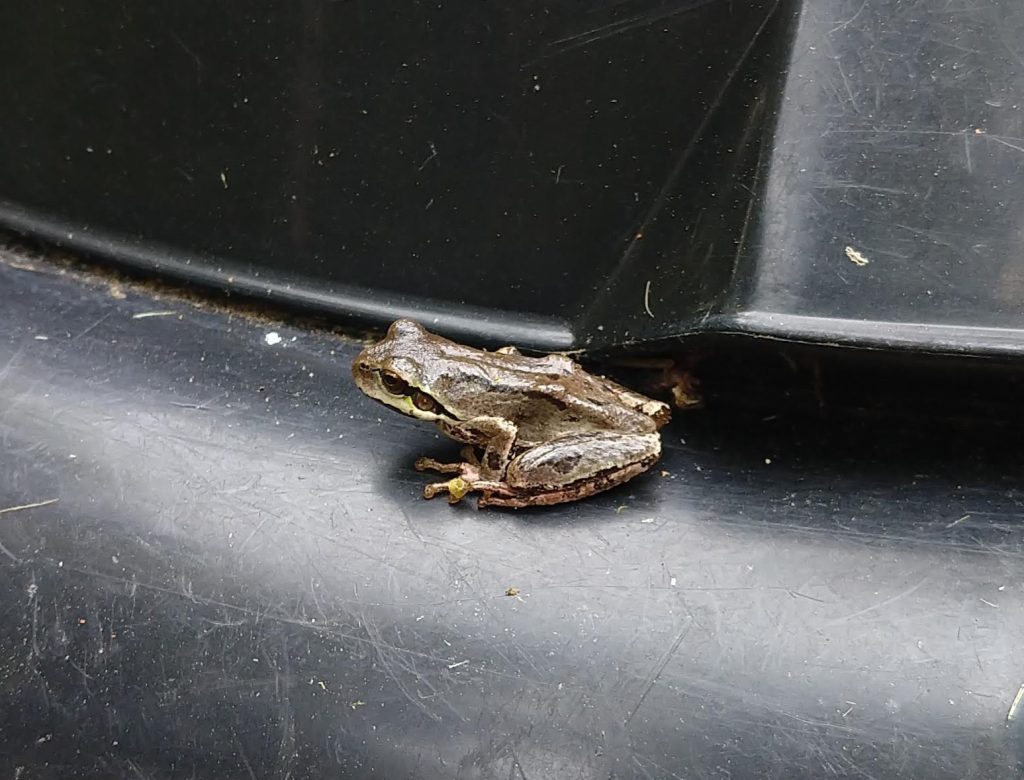
It’s Sea Slug Day!
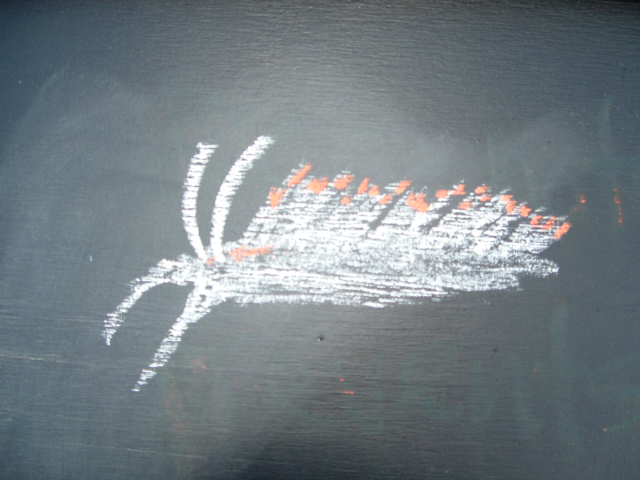
All photos in this post taken by me back in 2007!
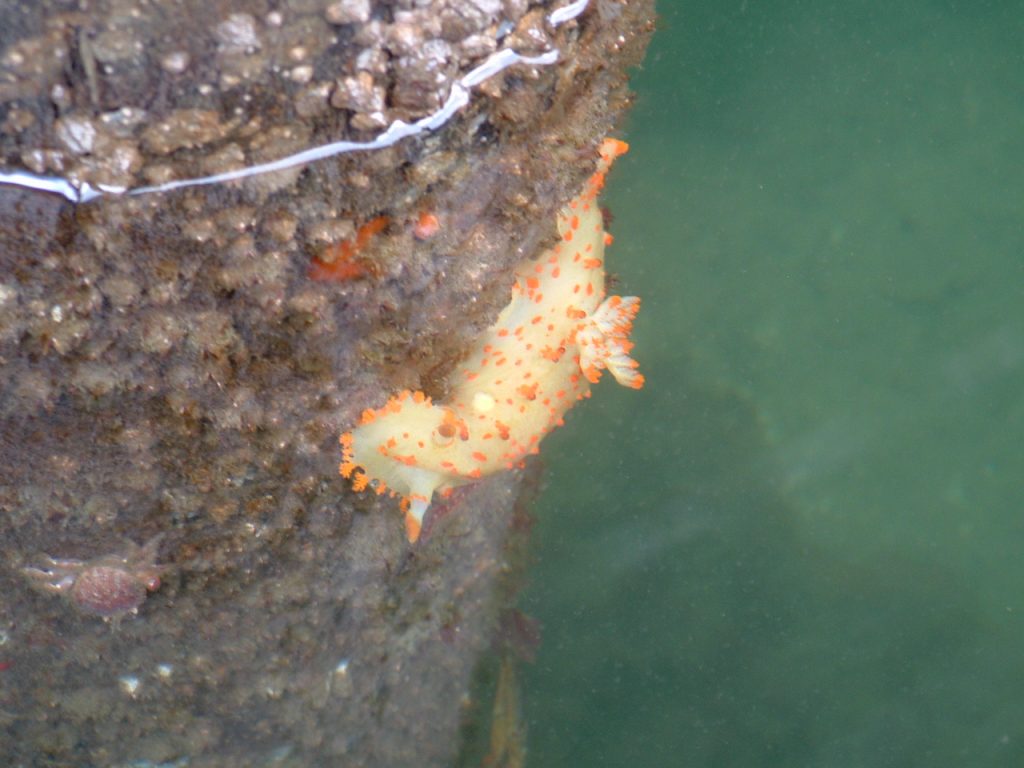

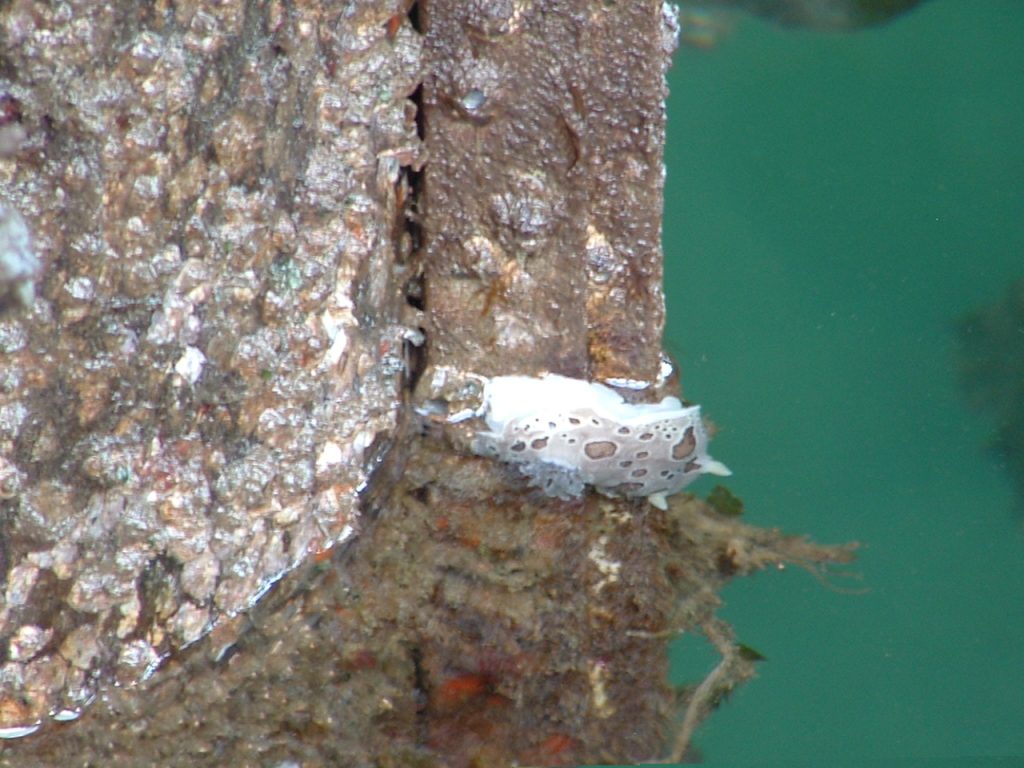
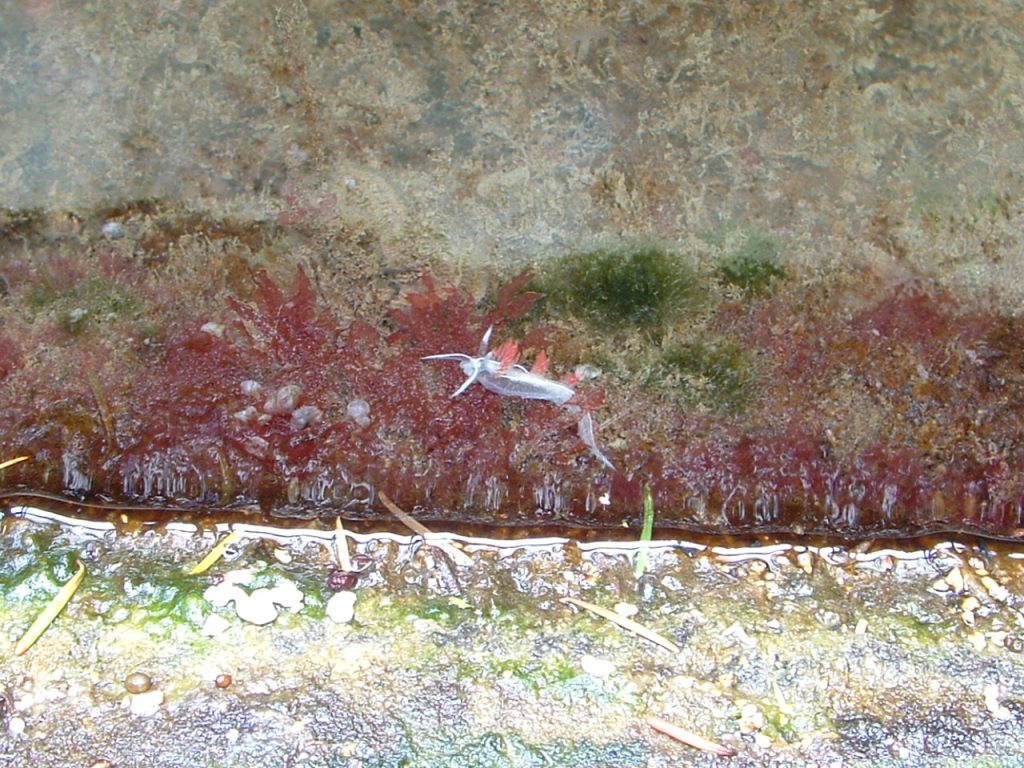
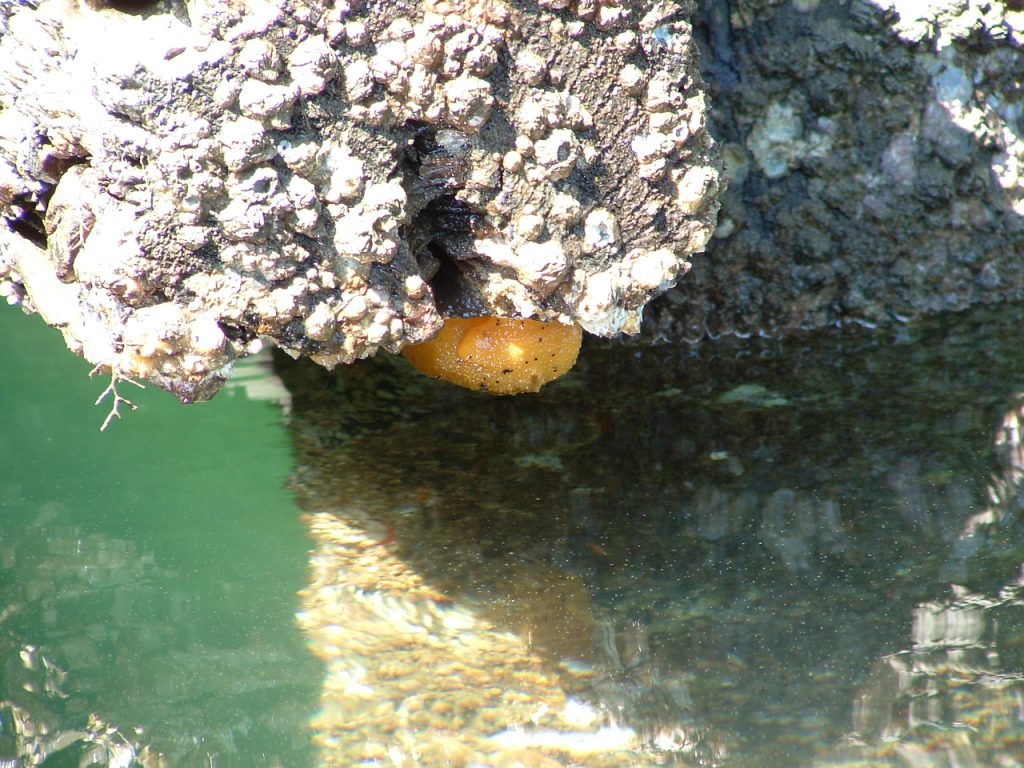
And some more on Sea Slug Day! It’s Terry Gosliner’s birthday.
on hold with the city, ama
I went out clearing storm drains yesterday (or in quite a few cases, attempting to clear) and I tried to use the city’s web form to report the clogged drains I found. Unfortunately, all of the drain locations I attempted to provide give me the message “The service is not provided at this location”, making it rather difficult to get anything fixed. So now I’m on hold with the city to 1) report some drains and 2) report that their web form is busted.
EDIT: 30 minutes on hold and two city departments later, I have reported the drains and they’ll get looked at! wahoo. civic responsibility WIN